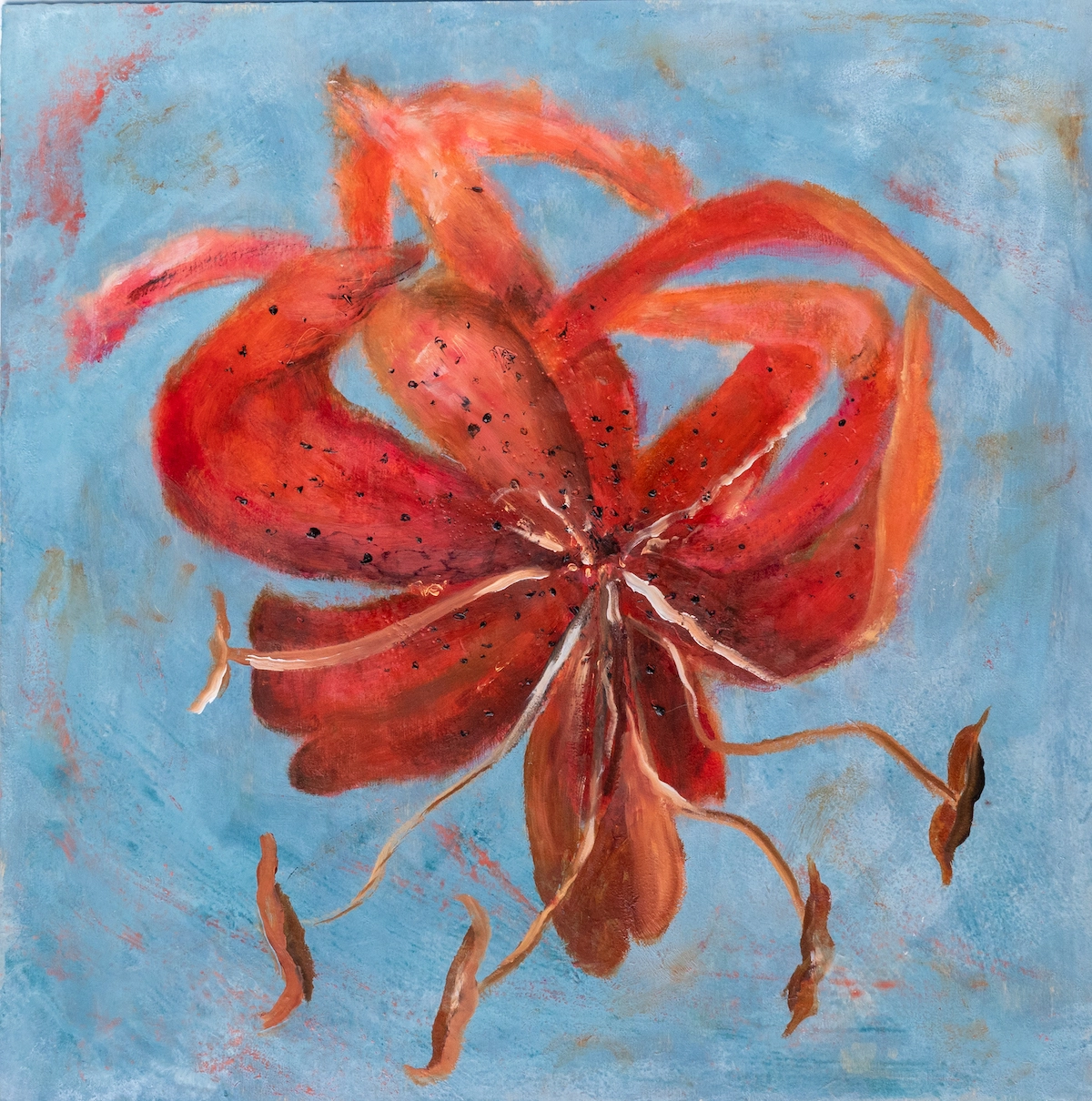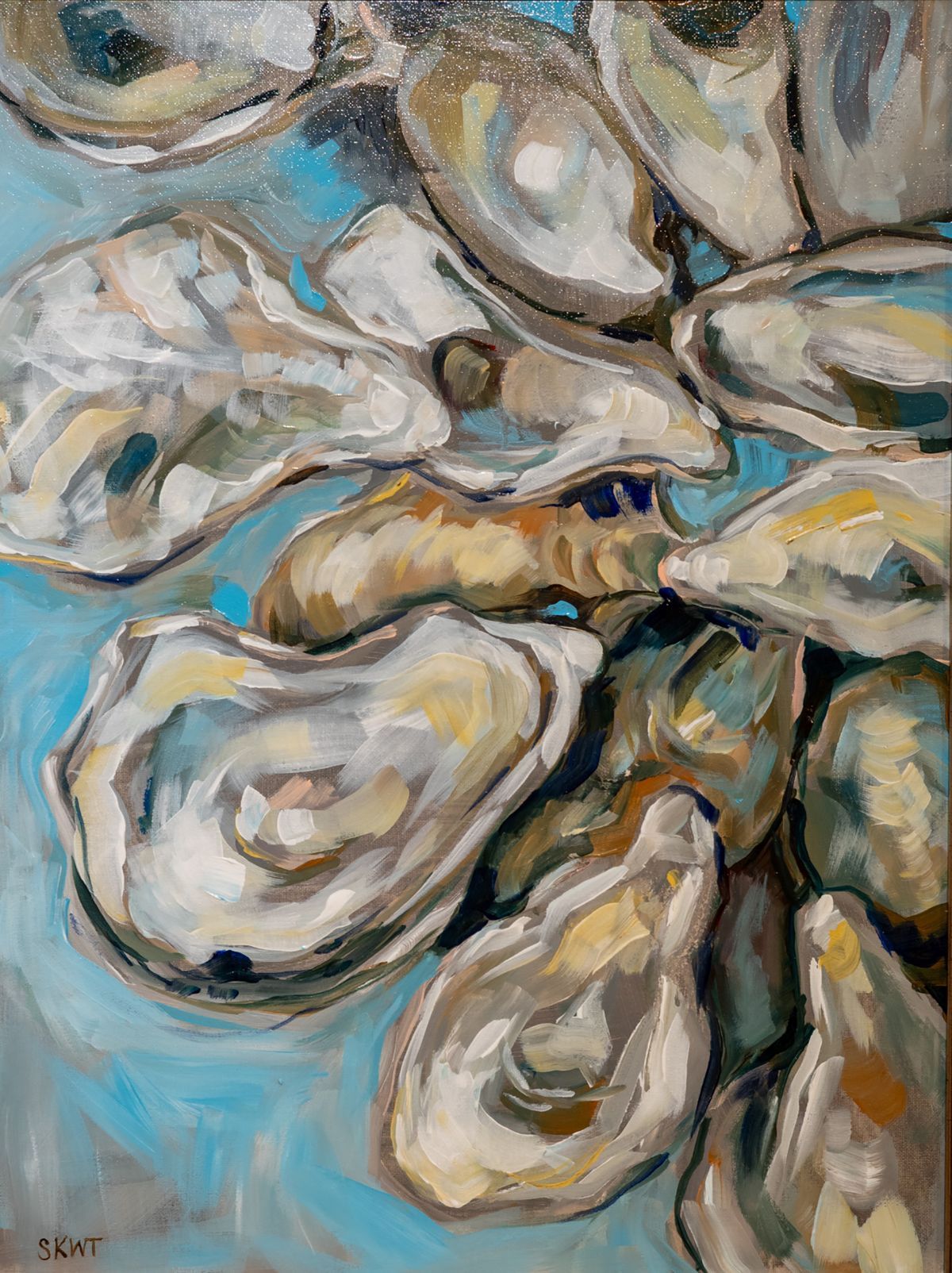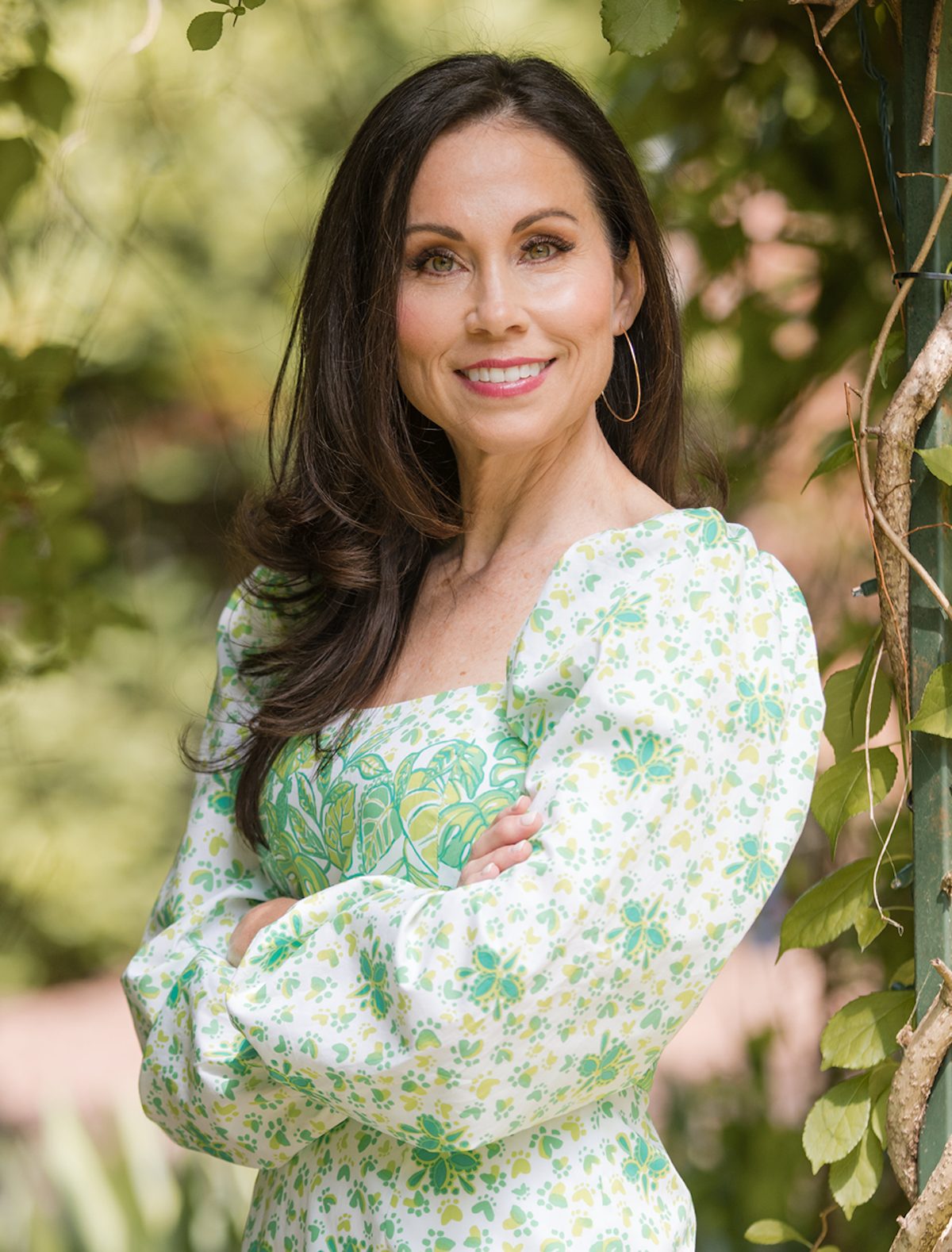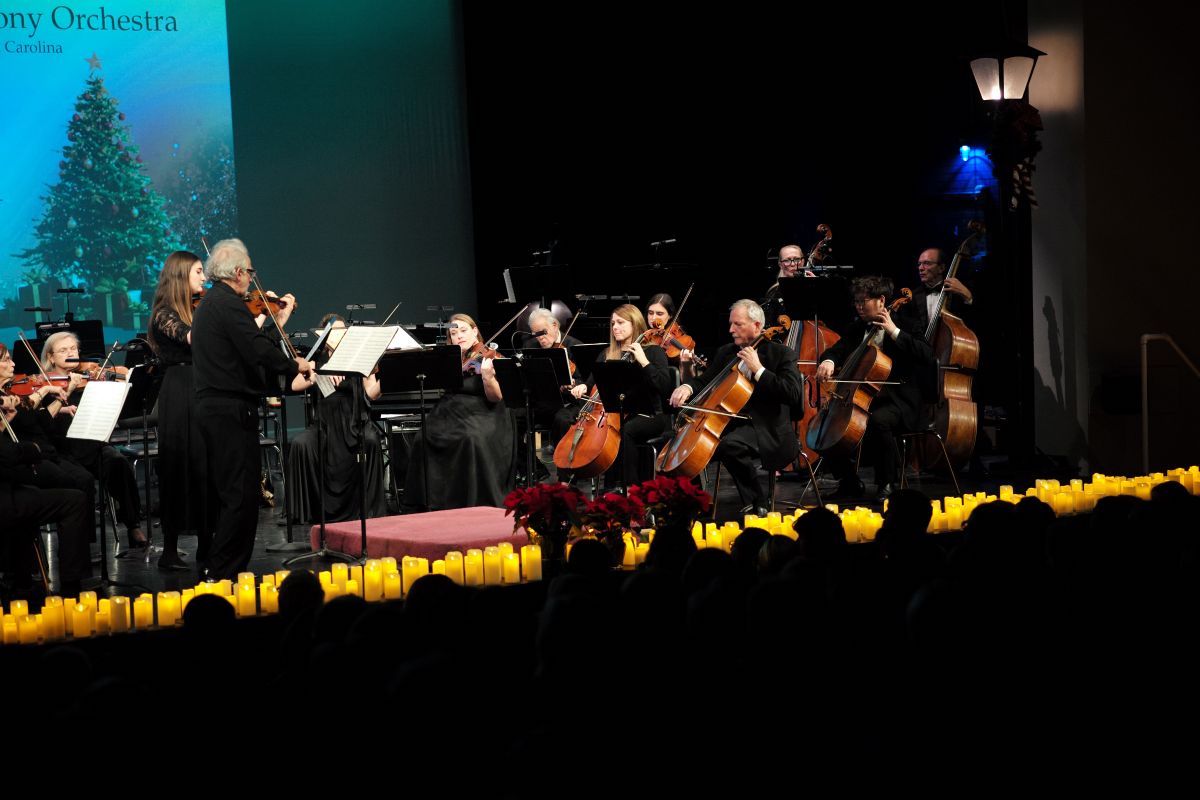By Becky Sprecher
For The Island News
Okay, ladies, this is your opera. Round up a group and mark your calendars for Der Rosenkavalier (The Knight of the Rose) by the Viennese composer, Richard Strauss (1 p.m., Saturday, May 6, USCB Center For The Arts).
The title comes from the custom of sending a young man to present a silver rose to a young lady as a means of informing her that someone has asked for her hand in marriage. This custom did not actually exist in Viennese society; it is just used here as a plot device.
Rosenkavelier is a fun opera for the girls, although you gentlemen will enjoy it as well. First of all, we have a female conductor in the pit, Simone Young, and world renown soprano Debbie Voigt will host and conduct the backstage interviews.
Additionally, the ladies have the most important roles because Strauss really knew how to write for them. “He was a master at tinging music of great beauty with sadness,” writes Fred Plotkin in Opera 101. “The vehicle for these bittersweet feelings. … was the soprano voice, of which Strauss was particularly enamored.”
The most important role is that of the Marschallin, a worldly, sophisticated woman of influence who feels that her youth and beauty are slipping away. To ease her worries, she has taken an eager young lover named Octavian, but she knows their affair has an expiration date. Eventually, she does the right thing and arranges for Octavian to fall in love with the beautiful young Sophie.
The role of the Marschallin is one of the most interesting in all opera and is highly coveted by singers. Renée Fleming took this one to the bank in her mid-30s and just stopped singing it a few years ago. You will want to see her successor, however, so you’ll be able to say you knew where you were when you first heard the Norwegian soprano, Lise Davidsen. Her star is on the rise, and she is going to be right up there with all of the great divas.
Some say she’s a bit young for the role; after all, this is an opera about a “woman of a certain age” who has a much younger lover, and shouldn’t it be performed by a more “seasoned” singer? Davidsen chafes at this, telling an interviewer that, “You don’t have to be a certain age to have certain feelings. Teenagers have all those feelings and more in a day. I do believe that I’m entitled to take on those feelings, to take on the difficulties in life. That’s our job in opera.”
The next important female role is that of Octavian, and it is sung by mezzo soprano Samantha Hankey. If you’re new to opera, take note: this is what we call a “trouser” or “pants” role. Remember, opera composers are writing for the voice, and it would hardly be believable to have a mature tenor sing the role of a young lad in his late teens or early twenties. Opera is full of these parts, and many mezzo sopranos have built world careers by singing them.
And finally, the spectacular Erin Morley, sings Sophie. It is she who makes a man out of Octavian by helping him understand that true love is more than just a romp between the sheets. Expect her duet with Octavian during the rose presentation scene to dazzle, her crystalline voice shimmering.
There are some other characters we’ll meet along the way, including the Marschallin’s country cousin, Baron Ochs. Boasting of his amorous conquests, he is engaged to marry the much younger Sophie (for her money, no doubt), although they have never actually met. Sung by Günther Groissböck, his is a bass voice more “refined than booming, reinforcing the protective veneer society affords even its most despicable predators,” says Opera News.
Those of us who have heard or read about the #MeToo movement will be nodding in recognition at how men of wealth, power, and/or breeding can feel entitled to behave in an abominable fashion just because they know they can get away with it. Opera tells you the same thing, just through the timbre of the character’s voice and the music.
Joshua Barone of The New York Times calls Robert Carsen’s production of Rosenkavelier “elegant and satisfyingly grand.” He also writes that, “Carsen’s major intervention — moving the opera’s setting from the “18th century to the year in which it premiered, 1911, from the cusp of revolutionary Europe to the brink of World War I — remains eerily evocative.”
Part of appreciating an opera is understanding the context in which it was written. Rosenkavelier was comforting to the Viennese audiences of the early 20th century. It spoke of a happier, less stressful time, and all of the frivolity and waltzes diverted their attention from the more serious political problems at hand.
Carsen waits until the opera’s end to drive this point home. After a gorgeous trio sung by the Marschallin, Octavian, and Sophie, the set opens up around Octavian and Sophie to reveal a battlefield. As the two lovers are joyously celebrating their future together, a line of soldiers charges toward the enemy, stumbling to their deaths. This will give all of us, not just the ladies, a lot to think about.
Want To Go?
What: Der Rosenkavelier
When: 1 p.m., Saturday, May 6
Where: USCB Center For The Arts
Run Length: 4 Hours, 30 minutes with Intermissions after Acts I and II
Tickets: $22/$20 for OLLI members, are available at the door or on the Center for the Arts website.
Of note: Sung in German with MetTitles in English







